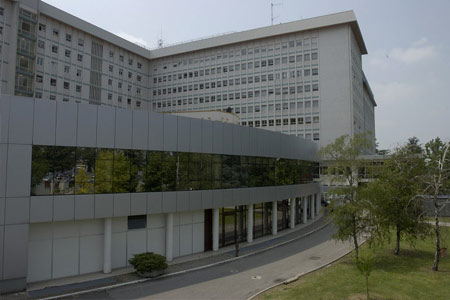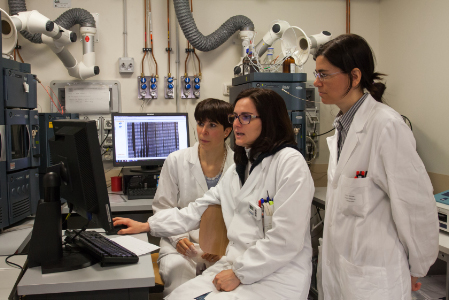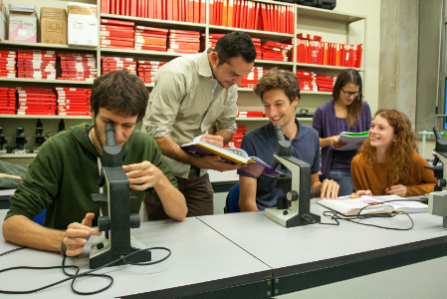The aim of this research project was to clarify mechanisms underlying the capability of integrins to regulate leukocyte arrest on the vascular endothelium and the sunsequent recruitment into inflammatory sites. The role of integrin-dependent adhesion in leukocyte recruitment was investigated also in the context of experimental autoimmune encephalomyelitis (EAE), an inflammatory pathology of the central nervous system, which represents the murine model of multiple sclerosis.
Integrin-dependent adhesion represents a key step in the interaction between leukocytes and the activated endothelium, and the subsequent leukocyte recruitment into tissues, during inflammation. To understand in depth mechanisms regulating integrin-dependent adhesion, and the subsequent stabilization of leukocyte-endothelium interaction, represents an essential pre-requisite to define novel therapeutic strategies to control inflammation.
The research activity included studies on three tasks:
Task 1. Mechanisms involved in the control of granulocyte and monocyte recruitment by Src tyrosin kinases
Task 2. Signal transduction mechanisms controlling the modalities of integrin activation by chemiotactic factors in T and B lymphocytes
Task 3. Role of Src-family tyrosin kinases and small GTP-ases in the migration of leukocytes in inflamed brain vessels and in the induction of EAE







